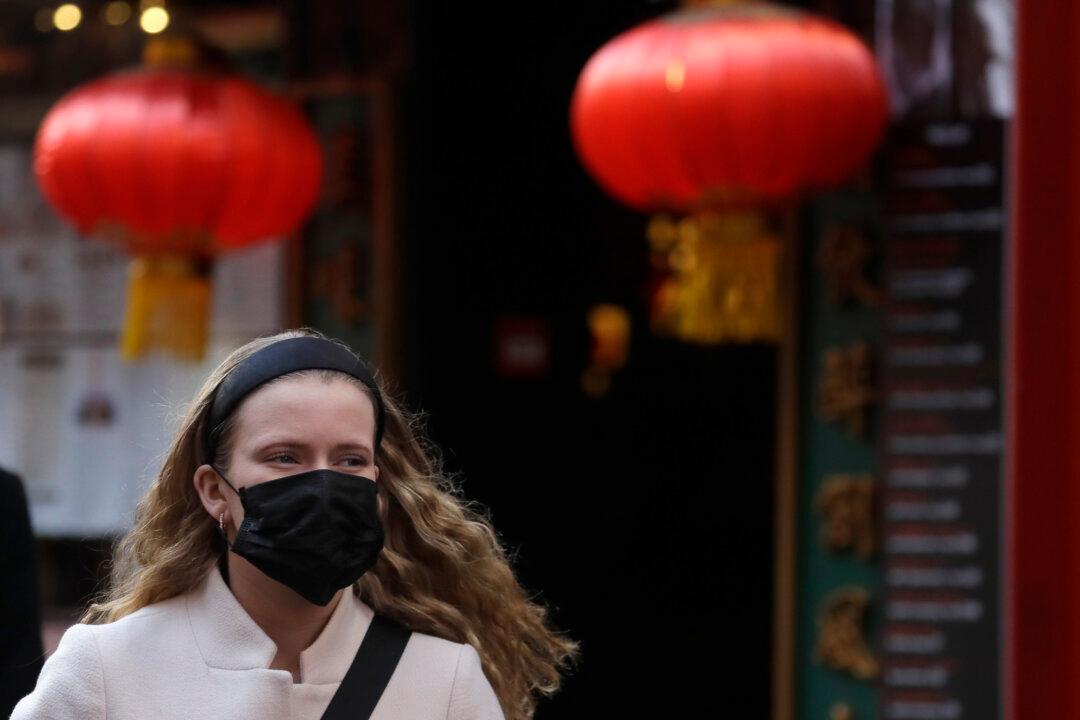All countries should prepare for the arrival of the new coronavirus, the head of the World Health Organization said on Sunday, as he warned that the current number of cases confirmed in countries outside of China might be “the tip of the iceberg.”
The overwhelming majority of the confirmed cases around the world are in China, where the new virus started in December 2019. But a growing number of cases have been confirmed in other countries, with patients testing positive in over two dozen countries.





